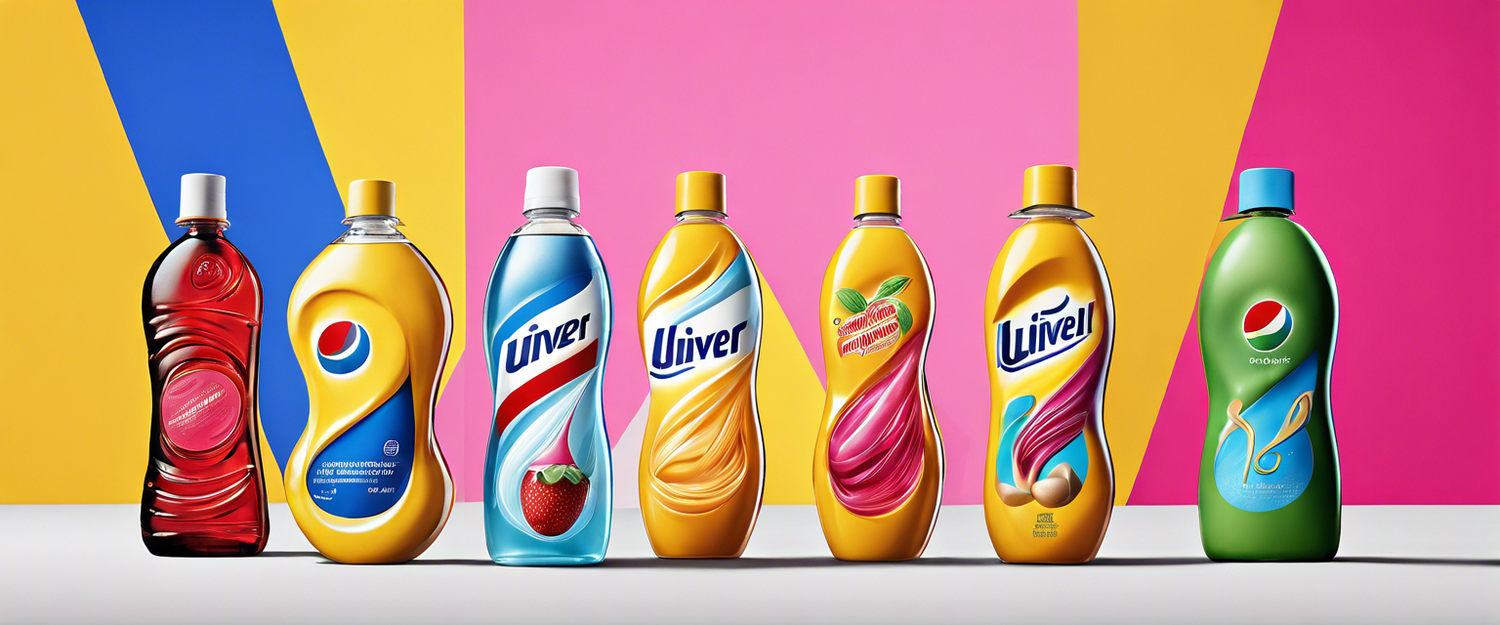An Overview of X's Legal Battle with Unilever and Advertisers
The recent legal developments surrounding X, previously known as Twitter, have garnered significant attention in the advertising and media landscape. X has dropped its claims against Unilever in a lawsuit that accused the company and other brands of participating in what X described as an illegal boycott. This dismissal of claims marks a notable end to a contentious chapter in the ongoing conflict between social media platforms and major brands.
The Lawsuit Against Unilever
Unilever, the parent company of well-known brands such as Dove and Hellmann's, has been at the center of X's legal claims. The lawsuit alleged that Unilever and other advertisers colluded to withhold advertising revenue from X. Today, however, X announced the dismissal of its claims against Unilever, signifying an agreement to continue their partnership.
Background of the Controversy
This legal drama began last fall when X also filed a lawsuit against the nonprofit Media Matters for America after the organization reported that ads for major brands like Apple and IBM were being displayed alongside harmful content, including Nazi imagery. Following the report, IBM decided to pause its advertising on X, highlighting the tensions at play between advertisers and the social media platform.
Musk’s Patterns of Litigation
CEO Elon Musk has been known to engage in legal action against critics and former associates. In addition to the cases involving Unilever and Media Matters, Musk has also instituted legal proceedings against OpenAI and its co-founders Sam Altman and Greg Brockman. Interestingly, Musk had previously filed a similar lawsuit earlier this year but subsequently dropped it.
Continued Legal Framework and Industry Initiatives
While X has dropped its claims against Unilever, the lawsuit still targets other companies, including CVS, Mars, and Ørsted. The antitrust suit filed by X earlier this summer specifically targeted the World Federation of Advertisers (WFA). The WFA had spearheaded an initiative known as the Global Alliance for Responsible Media (GARM), which sought to hold brands accountable for advertising on platforms that do not meet established safety standards. In its legal claim, X alleged that the WFA and other brands, including Unilever, colluded to collectively withhold billions in advertising revenue from their platform.
GARM's Response and Shut Down
In the wake of these allegations, GARM announced that it was discontinuing its operations. The organization clarified that it is a small, not-for-profit initiative and that the recent allegations have caused a significant drain on its resources and have misrepresented its purpose.
Conclusion: The Future of X and Its Partnerships
The legal landscape surrounding X continues to evolve as it navigates partnerships with major advertisers. The dismissal of the claims against Unilever indicates a willingness to reconcile and continue collaborations in the advertising space. As this situation develops, the dynamics between social media platforms and advertisers will remain crucial to watch, especially in an era where content moderation and brand safety are paramount.



Zostaw komentarz
Wszystkie komentarze są moderowane przed opublikowaniem.
Ta strona jest chroniona przez hCaptcha i obowiązują na niej Polityka prywatności i Warunki korzystania z usługi serwisu hCaptcha.